A troubled man tries to get home for his mother’s funeral, but events conspire to delay his journey. The third feature film from Ari Aster (Hereditary) is a completely bonkers, surreal and bloated pitch-black absurdist comedy. Beau Is Afraid isn’t so much your typical horror film but rather more of a disturbing Kafkaesque nightmare full of Freudian overtones. It’s unlike anything I’ve seen since Darren Aronofsky’s equally bizarre 2017 film Mother!. Aster seems to be taking his cues from the likes of that master of weirdness David Lynch here. The film taps into our contemporary fears that modern cities are dangerous places to live, that even leafy green suburbs are becoming unsafe, and families are increasingly becoming uncomfortably dysfunctional. It’s sure to polarise audiences.

The film centres on Beau Wasserman (played by a suitably bewildered and anxious-looking Joaquin Phoenix) a man-child who seems afraid of just about everything. When the film begins, he seems to be having a really bad day and it is about to get worse. He lives in a cruddy apartment located above a porn theatre in a seedy, rundown neighbourhood populated by deadbeats, drug addicts and even a naked serial killer who stabs his victims.
Beau is due to fly home to visit his rich but domineering mother (Patti LuPone) on the anniversary of his father’s death. But he seems unable to get his act together and leave his apartment. His therapist (Stephen McKinley Henderson) has prescribed some pills to calm his anxiety. A loner, Beau seems crippled by paranoia and a raft of psychoses that reduce him to a nervous wreck afraid to leave the comfort of his home. That night he’s besieged by a series of strange occurrences – threatening letters pushed under his door, a loud party raging in an adjacent apartment that deprives him of sleep. He wakes up late and feeling even more frazzled than usual, and in the haste to catch his plane, he gets locked out of his apartment and his bags are stolen. Frantic phone calls home to apologise for the delay are met with a dose of scathing skepticism by his mother. Then the next day he receives a phone call informing him that his mother has died in a bizarre accident and demanding that he get home immediately for the funeral.
After Beau is chased through the street and is hit by a van, he awakes in the home of the seemingly kind doctor Roger (a slightly creepy Nathan Lane) and his caring wife Grace (Amy Ryan). They tend to his injuries and promise to drive him home when he’s better. Beau’s presence is resented by their manipulative daughter Toni (Kylie Rogers), who turns their other house guest against him. The couple lost their soldier son who was serving overseas, and they have provided a temporary home for his army comrade Jeeves (Denis Menochet), a former veteran who suffers from PTSD and seems paranoid.
And after managing to get away from this haven that has turned nasty he enters a forest where he encounters a group of travelling actors known as “the Orphans of the Forest”, but their performance is violently interrupted when Jeeves descends on the group. And finally, he hitchhikes and arrives home to find one more surprise awaiting him.
Through a series of flashback sequences the film explores his tortured and troubled relationship with his mother, which seems to be the source of most of his mental problems. Throughout his odyssey Beau begins to doubt his own sanity. What is real, what is a dream? We are never sure where the film is headed, and Aster deliberately keeps us off guard with abrupt shifts in tone. The first hour or so of this three-hour long movie is the most enjoyable and entertaining part of the film, but the longer it goes, the sillier and more incomprehensible it becomes. There is also an extended animation sequences from Chilean animators Joaquin Cocina and Cristobal Leon that shows Beau on an odyssey to reconnect with his family.
The character of the neurotic Beau is another of those edgy performances and characters that Phoenix (Joker) seems drawn towards. He is on screen for much of the film’s running time, but Phoenix is committed to the role and delivers an intense, emotionally draining and physical performance that carries the film. LuPone is chilling and suitably cold as his mother, who seems to be the source of most of his problems. Lane and Ryan bring a creepy and unsettling dynamic to their roles.
Technically the film looks superb thanks to the crisp cinematography of regular cinematographer Pawel Pogorzelski. Fiona Crombie (The Favourite) provides some fine production design, particularly with the grungy looks of Beau’s seedy apartment building and the surrounding streets.
The film itself is an extension of a short film that Aster made in 2011. This feature length (3 hours) Beau Is Afraid is a film that will confound, bemuse and disturb audiences in equal measure.
Greg King
Other reviews you might enjoy:
- Don’t Worry, He Won’t Get Far on Foot – movie review
- Midsommar – movie review
- Napoleon – movie review

Greg King has had a life long love of films. He has been reviewing popular films for over 15 years. Since 1994, he has been the film reviewer for BEAT magazine. His reviews have also appeared in the Herald Sun newspaper, S-Press, Stage Whispers, and a number of other magazines, newspapers and web sites. Greg contributes to The Blurb on film

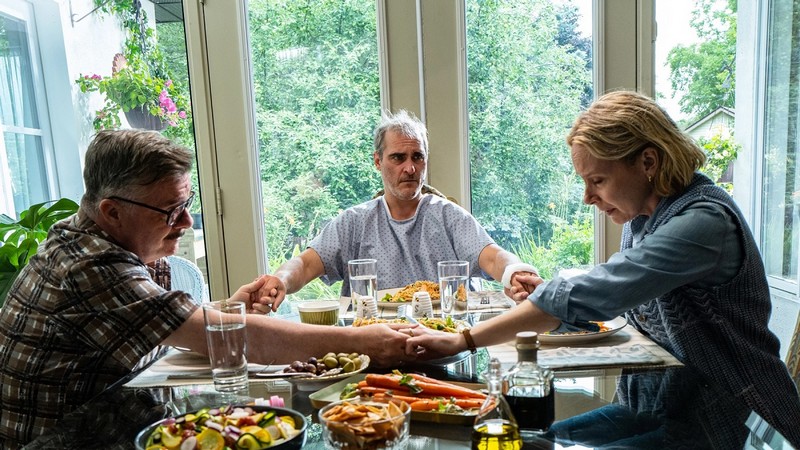
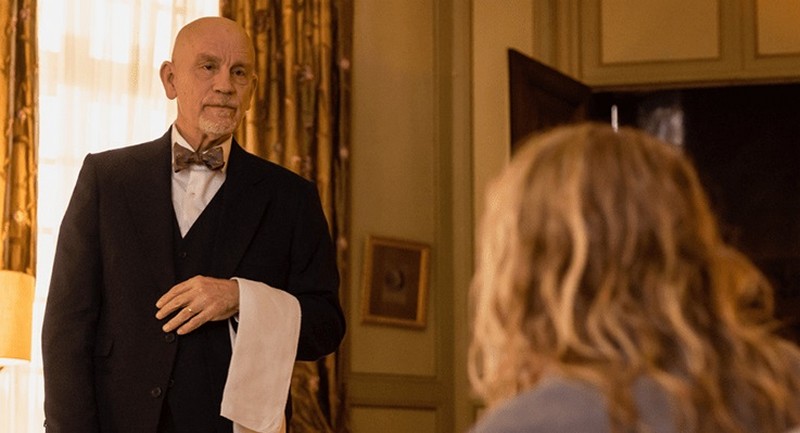
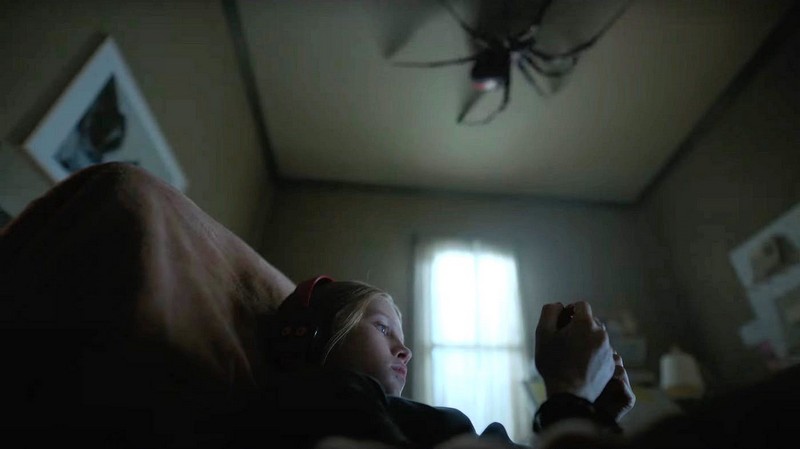
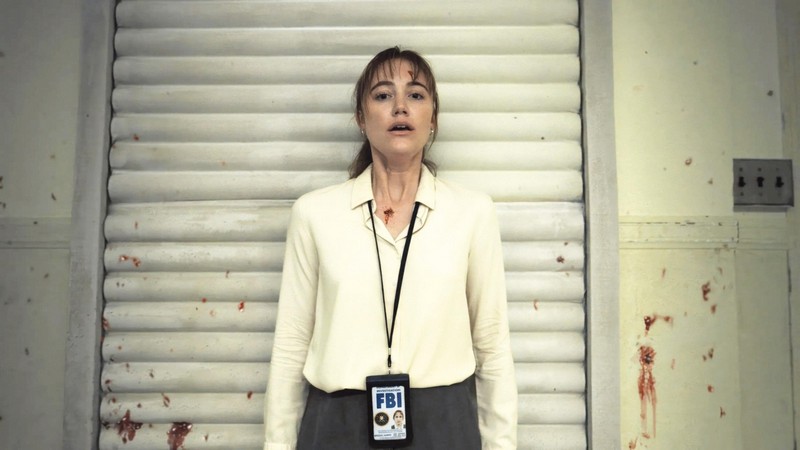
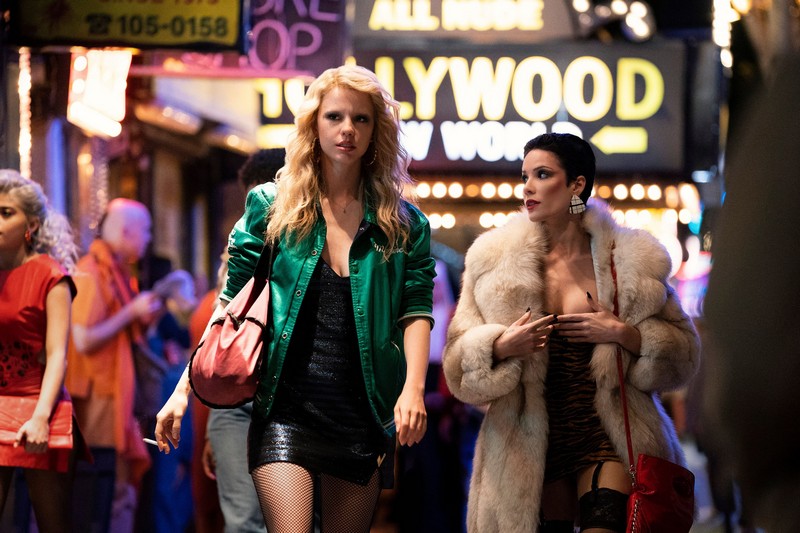
One thought on “Beau Is Afraid – movie review”
Comments are closed.